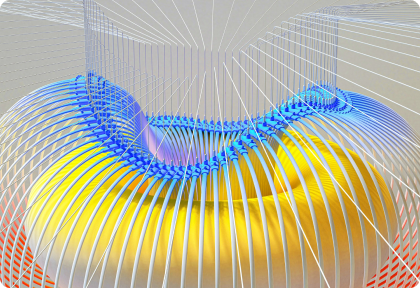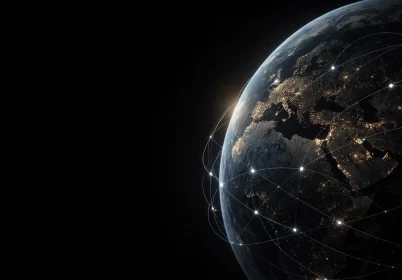Artificial v Real Intelligence
Feb 06, 2024


Artificial Intelligence has revolutionized the digital world but few understand its limitations. In fact, an early ‘clear-glass ceiling’ has become a ‘black-glass ceiling,’ that is, it still doesn’t know what it doesn’t know, hence for example, AI threatens to over-ride real (human) intelligence with potentially catastrophic consequences. R&D suggests that elements of AI will implode within a decade. ARPI is thus researching Intelligence Augmentation (‘IA’) as the ‘intelligence equilibrium’ restorative counterfoil.
ARPI ‘s Perspective on the Global Vulnerability from Reliance on Artificial Intelligence (AI):
“Today, risk is based in vulnerability and concerned with consequences.”
In February 2022, ARPI published the Top 10 Global Vulnerabilities, drawing on information from the Global Risk Policy Network. Information technology was (and still is) clearly number one Global Vulnerability = “Failure to recognize that information technology is the greatest risk to mankind in the history of the world.” Vulnerability has a different meaning from risk and relates to potentiality or possibility of strategic risk. This is described in full in ARPI’s Strategic Risk Policy® Model (Risk 4.0).
The essence of Strategic Risk Policy® is the need for leadership paradigm change to adjust to today’s interconnected and interdependent world, a meta-grid of networks, where information resides. It is then possible to identify and protect against vulnerabilities before risks or crises arise, enabling informed and pre-emptive decision-making, for progress, security, resilience and sustainability for the future.
The Australian Risk Policy Institute (ARPI) introduced ‘ARPI Perspectives’ this year to illustrate Strategic Risk Policy® thinking on global and sovereign matters. The first concerned the situation in Ukraine.


